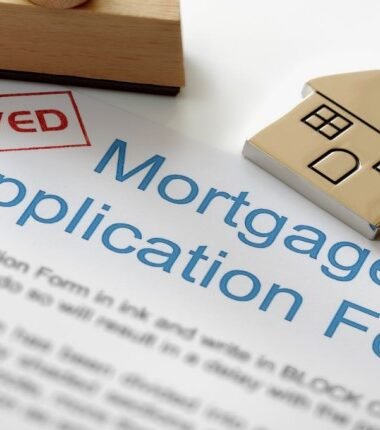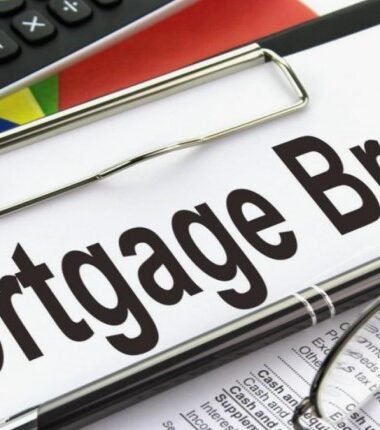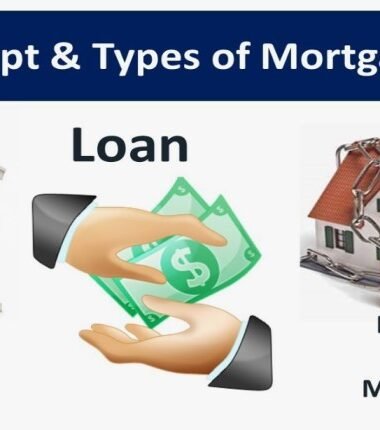Navigating the world of home financing can feel overwhelming, but you don’t have to figure it out alone. Mortgage financial solutions are strategies and programs designed to help you buy a home, refinance your loan, or manage payments during tough times. Whether you’re a first-time buyer, a homeowner facing financial strain, or someone planning for retirement, this guide simplifies your options.
Understanding Mortgage Financial Solutions
Mortgage financial solutions encompass a range of tools to make homeownership accessible and sustainable. These include loans with flexible terms, government-backed programs, and assistance plans for struggling borrowers. For example, a family with a modest income might use an FHA loan to buy their first home, while a retiree could use a reverse mortgage to unlock home equity for living expenses.
Popular Mortgage Financial Solutions
A fixed-rate mortgage locks your interest rate for the entire loan term, typically 15 or 30 years. Your monthly payment stays consistent, making budgeting predictable. This is ideal if you plan to stay in your home long-term or want to avoid payment increases from rising rates.
Adjustable rate mortgages start with a lower fixed rate for a set period, such as five or seven years. After that, the rate adjusts annually based on market trends ARMs suit buyers who expect to sell or refinance before the rate changes. A young professional might choose a 5 1 ARM if they plan to upgrade homes within a few years.
FHA loans, backed by the Federal Housing Administration, allow down payments as low as 3.5 percent and accept credit scores starting at 580. VA loans, available to veterans and active military members, require no down payment or mortgage insurance. USDA loans support rural homebuyers with zero down payment options but have income limits.
Jumbo loans finance high-cost properties that exceed standard loan limits, such as 766550 in most areas in 2024. These require strong credit scores, often 700 or higher, and larger down payments of 10 to 20 percent.
Refinancing replaces your current mortgage with a new one, often to secure a lower rate, shorten the loan term, or access home equity. A homeowner might refinance to reduce their monthly payment by 300 dollars or pay off their loan faster.
Reverse mortgages let homeowners aged 62 and older borrow against their home equity while retaining ownership. The loan is repaid when the homeowner sells, moves out, or passes away. This option helps seniors cover expenses like medical bills without selling their homes.
State and federal programs help homeowners avoid foreclosure.
Options include loan modifications, which lower your interest rate or extend the loan term, and forbearance, which pauses payments temporarily during financial hardship.
Real-Life Success Stories
Linda and Tom, a retired couple in Florida, used a reverse mortgage to cover medical expenses without selling their home. They receive monthly payments while retaining ownership.
After losing her job, Sarah in California qualified for mortgage forbearance, pausing payments for six months while she searched for new employment.
Choosing the Right Solution
Start by evaluating your financial situation and goals. Ask yourself how long you plan to stay in the home, what your credit score is, and whether you need flexibility with payments. A mortgage advisor or housing counselor can help you compare options. Nonprofit organizations often provide free guidance to ensure you make informed decisions.
For example, Maria, a teacher in Texas, used an FHA loan to buy her first home despite student loan debt. The low down payment and flexible credit requirements made homeownership possible. John, a factory worker in Ohio, avoided foreclosure through a loan modification that reduced his monthly payment by 25 percent.
Frequently Asked Questions
What Is The Best Mortgage Option For Low Credit Scores?
FHA loans are ideal for buyers with credit scores as low as 580 and a 3.5 percent down payment.
Can I Refinance With A High Debt-Income Ratio?
Some lenders offer refinancing for borrowers with higher debt levels, especially through government programs.
Are Reverse Mortgages Safe For Seniors?
Reverse mortgages can be beneficial but require careful planning. Work with a HUD-approved counselor to understand fees and long-term impacts.
How Do I Apply For Mortgage Payment Assistance?
Contact your loan servicer to discuss options like loan modifications or forbearance. You’ll need proof of income changes or financial hardship.
What Is The Fastest Way To Pay Off A Mortgage?
Making biweekly payments or adding extra principal each month reduces interest costs. Refinancing to a shorter term, like 15 years, also accelerates payoff.
Is A Jumbo Loan Riskier Than Conventional Loans
Jumbo loans carry higher risk as they aren’t government-backed. Strong credit and stable income are essential to qualify.








